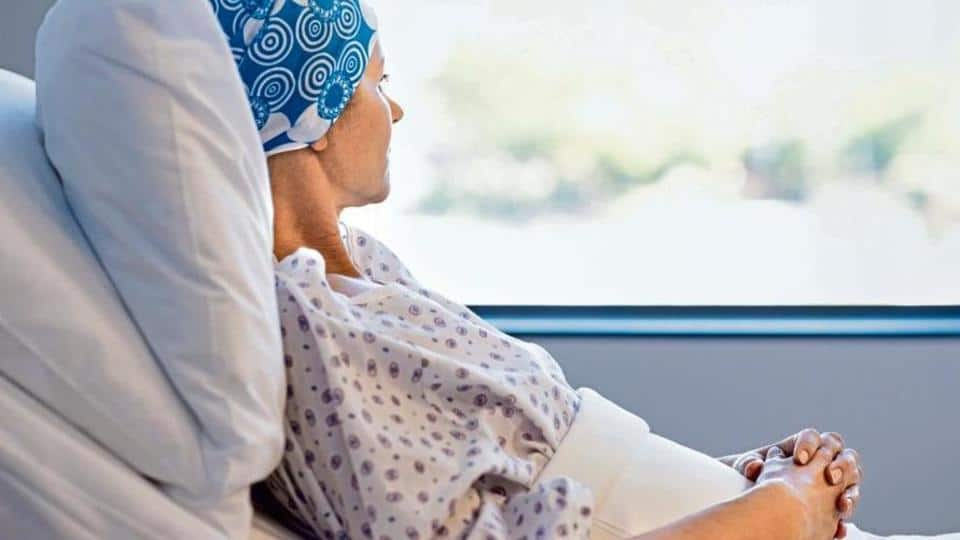
Given India’s large size, we have earned the moniker of being the world capital of most diseases ranging from diabetes, hypertension to cardiac illness. Which of these causes the most havoc? Two stand out from the dozens of insurance health claim reports that I see each week: infections and cancer.
Mosquitoes and viruses are having a field day because every hospitalisation report is filled with infection claims. But these tend to be low cost requiring just a day or two of hospitalisation. Cancer claims, though fewer, are very large in value. We don’t need statistics to prove this. I can count 10 instances of cancer among close family and friends over the past few years. The highest incidence is of breast cancer.
A recent study by Edelweiss Tokio Life suggests that advanced treatment of cancer costs between ₹10 lakh and ₹14 lakh on average. A different study by EY suggests that in 75% of homes in India, the treatment cost of cancer is more than the annual income. Distress financing or borrowing to pay is highest for cancer. Cancer is also the most frequent reason for the entire sum assured in a health policy being used up. This is why we must insure for cancer.
Insurers have developed several products to cover cancer costs. The quality of these insurance plans is uniformly good. There are three broad product types: regular mediclaim, critical illness and standalone cancer plans.
A regular mediclaim insurance will cover actual cancer-related costs ranging from expensive diagnostics using PET scans, MRIs or other equipment; treatment including chemotherapy and radiation; and post-treatment care. Exclusions vary but items such as oral chemotherapy, hormonal treatment, cyberknife treatment and certain skin cancers are sometimes excluded. These exclusions will reduce as the regulator is in the process of setting conditions for what must be covered in health insurance. The advantage of mediclaim insurance is that it covers all illnesses and not just cancer. However, from the perspective of covering cancer, the issue is that the sum assured is often insufficient because the plans are bought with the intention of covering lower value hospitalisation claims. Also, you must be healthy when you buy mediclaim. As you grow older or develop chronic ailments, the insurance policies become more expensive to buy.
Critical illness insurance was first sold about 15 years ago as an add-on to life insurance. However, health insurers have taken up the concept and introduced several standalone critical illness plans. These plans do not reimburse actual costs but pay a fixed amount if you are diagnosed with cancer, or other listed critical illnesses. These plans also require you to undergo a health test and be relatively fit when buying.
Most recently, some insurers have introduced standalone cancer plans. Like critical illness insurance plans, these pay a fixed amount when you are diagnosed with cancer but they can have four advantages. They can be issued without a medical test, the benefit can be paid for earlier stage cancer compared to critical illness or standard mediclaim plans, you can have a pre-existing condition unrelated to cancer and still buy this, and these are economical. Some of these insurance plans waive of future premium requirements if you are diagnosed with early stage cancer.
Which of these insurance plans should you buy? Your first preference should be to get the regular mediclaim with a high sum assured of ₹20 lakh or more. This should then be supplemented with a critical illness cover or a standalone cancer plan. The choice will depend upon your health and how much you can pay. At age 50, a critical illness plan for a sum assured of ₹20 lakh will cost about ₹25,000-30,000 per year whereas a cancer standalone insurance will cost between ₹3,000-5,000.
The battle against cancer is daunting. A Ken report suggests that the probability of developing cancer is 16.6%. A Novartis-CII report on breast cancer highlights that about half of breast cancer patients are diagnosed when they are less than 50 years old. Of those that are diagnosed, over 70% are in advanced stage 3 and 4, where mortality is the highest. Insurance can do little to reduce cancer incidence or improve detection. Your priority, then, must be to get yourself screened periodically for cancer.
Kapil Mehta is co-founder, www.securenow.in